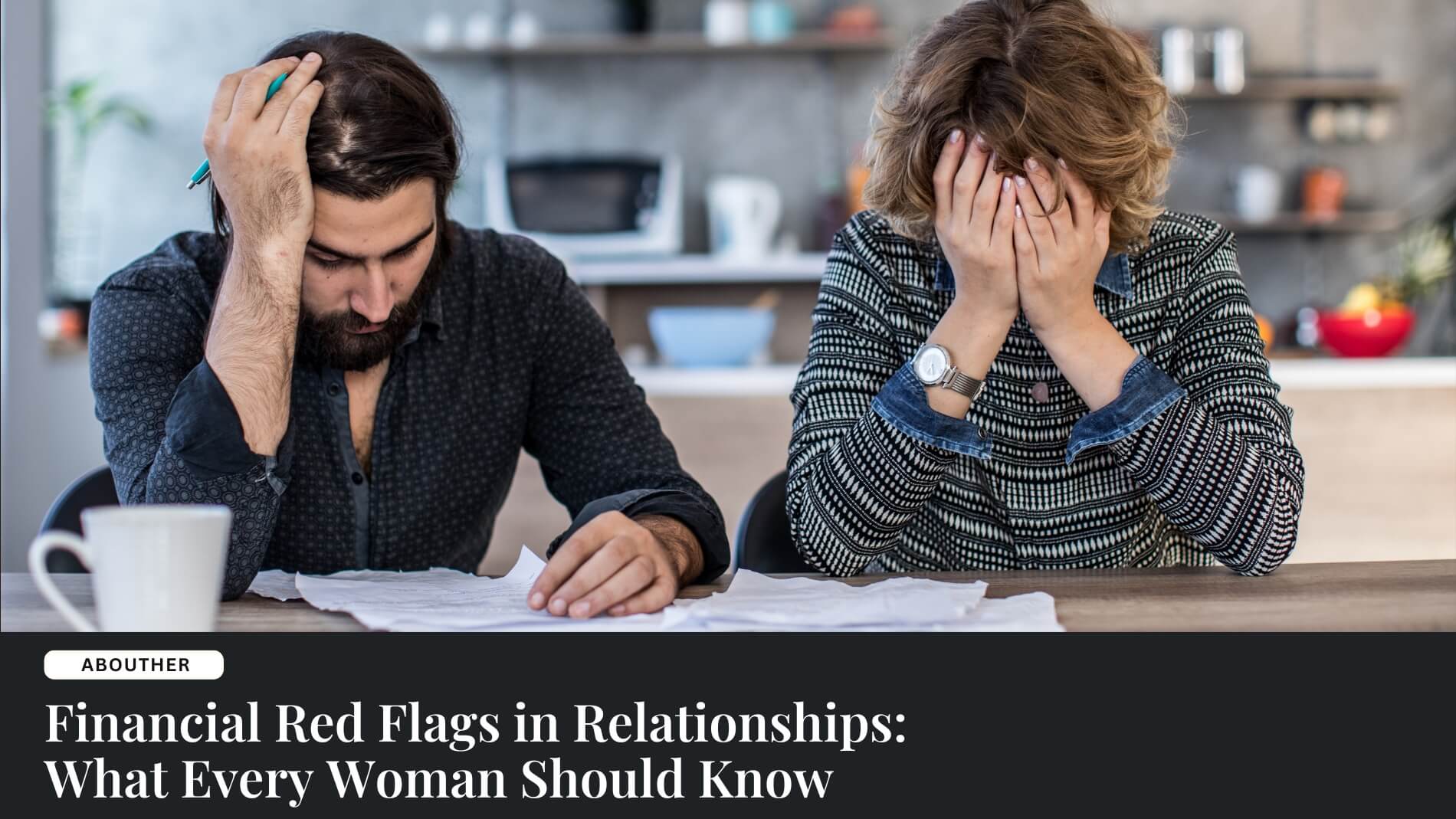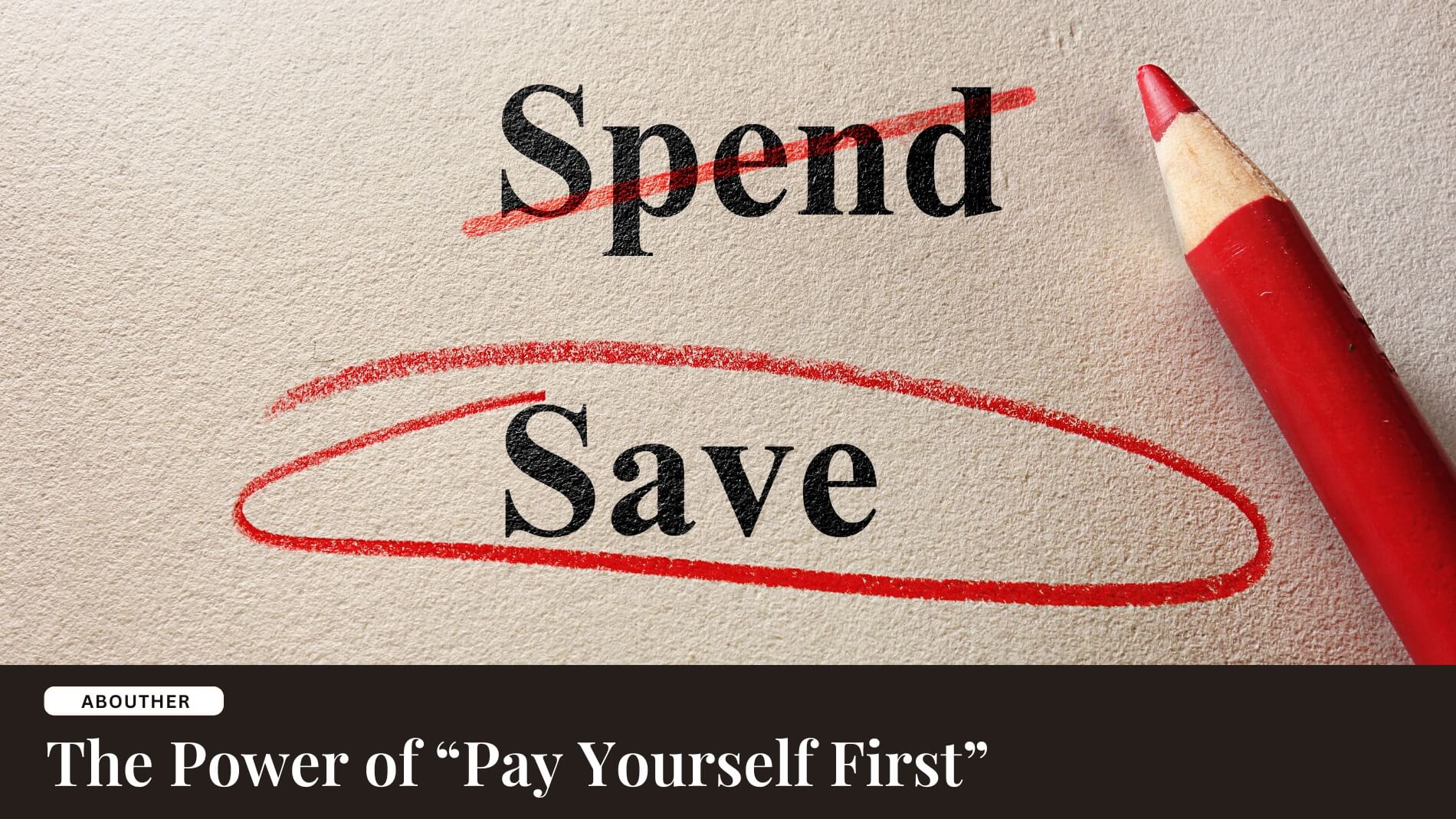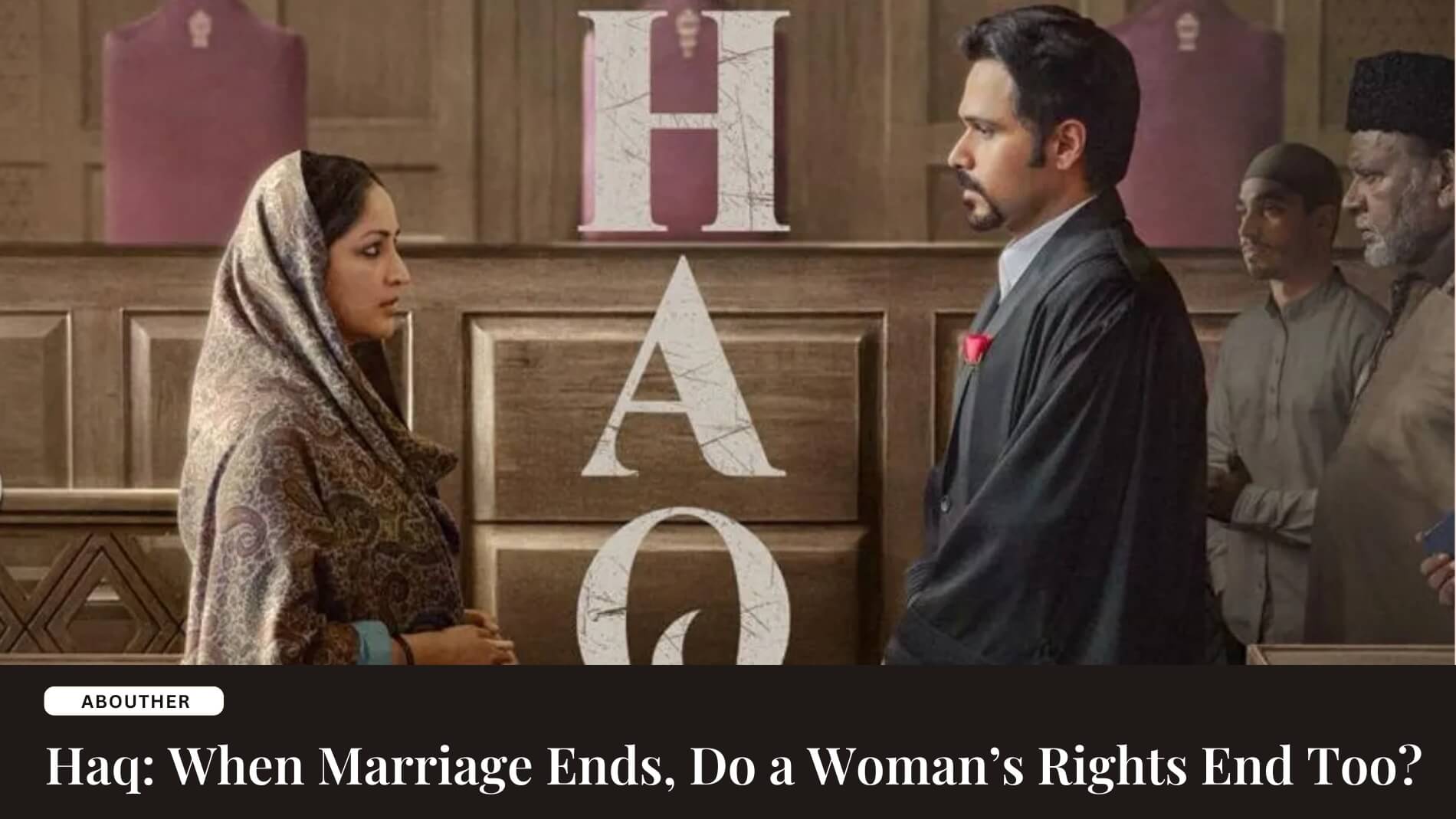Financial Red Flags in Relationships: What Every Woman Should Know
In our societies, when we talk about love between a man and a woman, we only talk about the emotional and romantic part. It’s about connection, chemistry, commitment—that fuzzy feeling, that someone who will always be there. Most girls grow up dreaming such dreams. We’re taught to aspire to fairy-tale love, to seek security in a partner’s presence rather than in ourselves.
But amidst all the stories of roses and rings, there’s one element we often leave out: money. Financial compatibility and financial security are equally—if not more—important than everything else. Yet these topics are rarely part of the conversations we have while falling in love. And in a world where women are still expected to play second fiddle when it comes to careers and ambition, financial clarity becomes not just important, but essential.
For many women, conversations around money are awkward, even taboo; it is still a man’s world over there! But avoiding these discussions can come at a high cost—emotionally, mentally, and economically. From subtle manipulation to outright control, financial red flags can creep into relationships quietly and dangerously.
Also Read: The Three Pillars of Women Empowerment- A Call to Action for a Better Future
So how do you recognise the warning signs? Why do women—smart, capable, independent women, who seem to be having it all, sometimes or many times ignore them? And what can you do if you find yourself in a relationship where money becomes a tool of control rather than care?
Let’s explore.
The Financial Red Flags: A Checklist
Here are 10 financial red flags every woman should be aware of in a partner. If you’re ticking off more than a couple, take a step back and reflect:
- Avoids conversations about money – Shuts down or gets defensive when finances are discussed.
- Has no savings or spending plan – Lives for the moment but expects financial stability.
- Hides debt or spending – You discover credit card bills or loans you weren’t told about.
- Controls the finances – Keeps you out of joint decisions, even if you’re contributing.
- Constantly borrows money from you (and others) – With little or no intention to repay.
- Makes you feel guilty about earning more or less – Uses income differences as leverage.
- Wants access to your accounts but doesn’t share theirs – Demands trust but withholds their own.
- Pressures you to fund their dreams – Whether it’s a business idea or a lavish lifestyle.
- Spends recklessly, then expects you to clean up the mess – Emotional apologies follow financial chaos.
- Refuses to plan for the future – Avoids discussions on savings, investments, or shared goals.
Why Do Women Overlook These Signs?
1. We’re Taught to Prioritise Love Over Logic
From a young age, women are conditioned to be caretakers, to nurture, to stand by their partners, even at their own expense. We learn to equate compromise with loyalty.
2. Hope—and Gaslighting
Financial abusers often swing between charm and control. They blame external factors, promise to change, or guilt-trip their partners into silence.
3. Fear of Being Alone or Starting Over
Many women, especially in long-term relationships, fear the financial and emotional fallout of leaving, even when staying feels stifling.
4. Money is Still a Taboo Topic
There’s a lingering shame around discussing money openly—especially for women. Talking about finances can feel like being “too assertive” or “unromantic.”
Also Read: From Budgeting to Investing- Why Financial Literacy is Every Woman’s Superpower
Voices from The AboutHer Show
Over the years, guests on The AboutHer Show have spoken powerfully about the role of financial independence in shaping a woman’s confidence, choices, and freedom:
“If you are financially independent, you will be in control of situations—especially when things become bad.”
— Sarika Panchhi
“Being financially independent needs to be the core need of every woman.”
— Damini Grover
“Being able to buy your own Gucci rather than have someone else buy it for you is much more fun.”
— Niharikaa Kaur Sodhi
“Financial independence gives you the choice to lead your life the way you want to.”
— Author
These voices echo one truth: empowerment begins with ownership, of your mind, your heart, and your money.
Reflection: Ask Yourself…
- Do we talk about money as openly as we talk about emotions?
- Do I feel financially respected and safe in this relationship?
- Am I allowed to make financial decisions—or do I have to seek permission?
- Do I have a clear picture of our shared finances—or am I in the dark?
- Have I given up my financial freedom in exchange for emotional security?
What You Can Do
If any of this resonates with you, don’t ignore that inner voice. Here’s what you can start doing:
- Initiate conversations early – Set the tone for financial openness.
- Maintain some financial autonomy – Always keep a personal account or emergency fund.
- Invest in your financial literacy – Knowledge is your greatest asset.
- Set and protect your goals – Be clear on what financial security looks like for you.
- Seek support – From financial advisors, therapists, or trusted communities.
Final Word
Love can be beautiful, comforting, even transformative. But love should never cost you your independence or clarity. A relationship built on financial secrecy, control, or dependency isn’t romance, it’s a huge risk.
And you deserve more.
At AboutHer, we believe in conversations that empower. So let’s talk about money—not with fear, but with courage and confidence. Share this article with a woman you care about. Because love is important—but financial clarity? That’s non-negotiable.
Share This On Social
![Sangeeta-Relan-AH-525×410[1]](https://slategray-flamingo-696901.hostingersite.com/wp-content/uploads/2024/06/Sangeeta-Relan-AH-525x4101-1.jpeg)
I’m Sangeeta Relan—an educator, writer, podcaster, researcher, and the founder of AboutHer. With over 30 years of experience teaching at the university level, I’ve also journeyed through life as a corporate wife, a mother, and now, a storyteller.

















